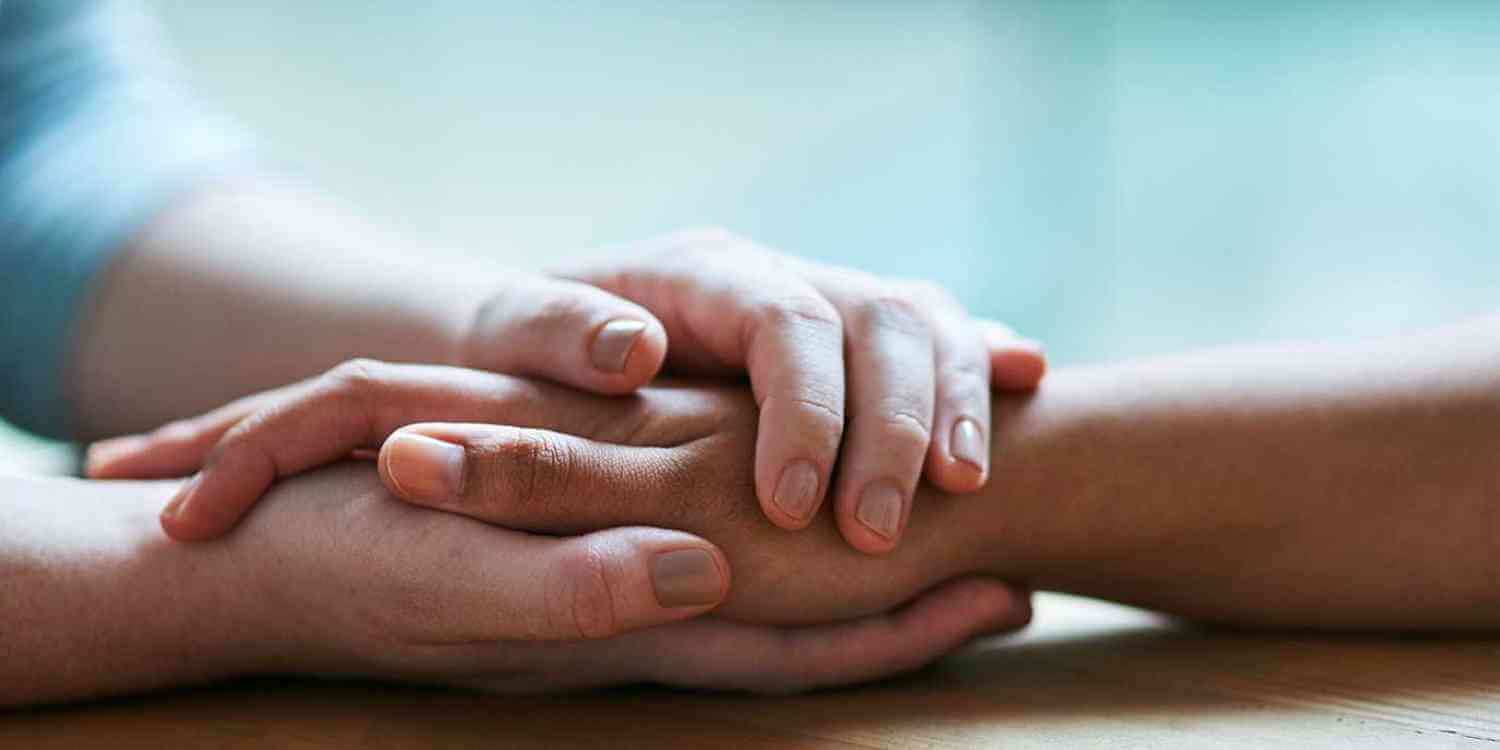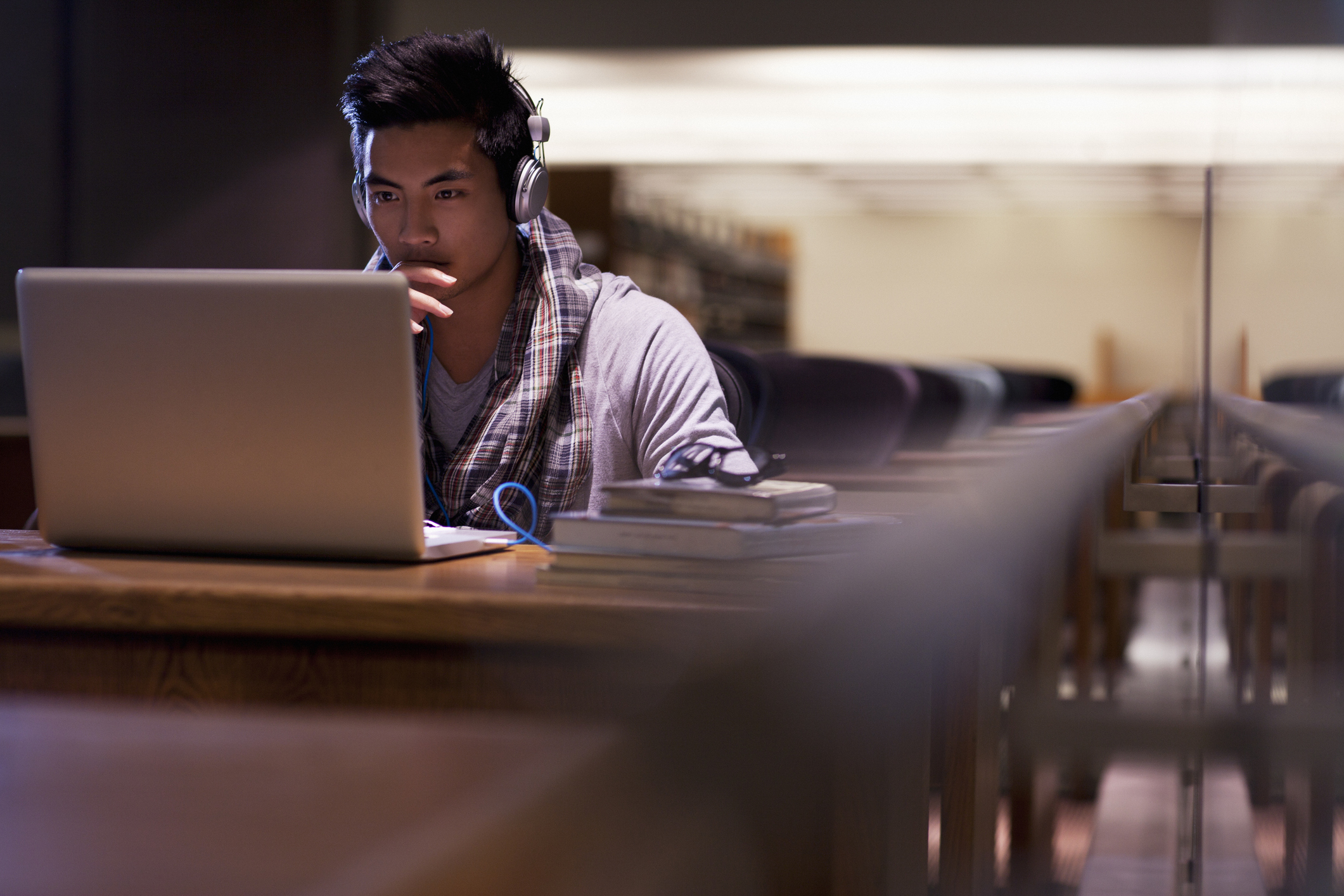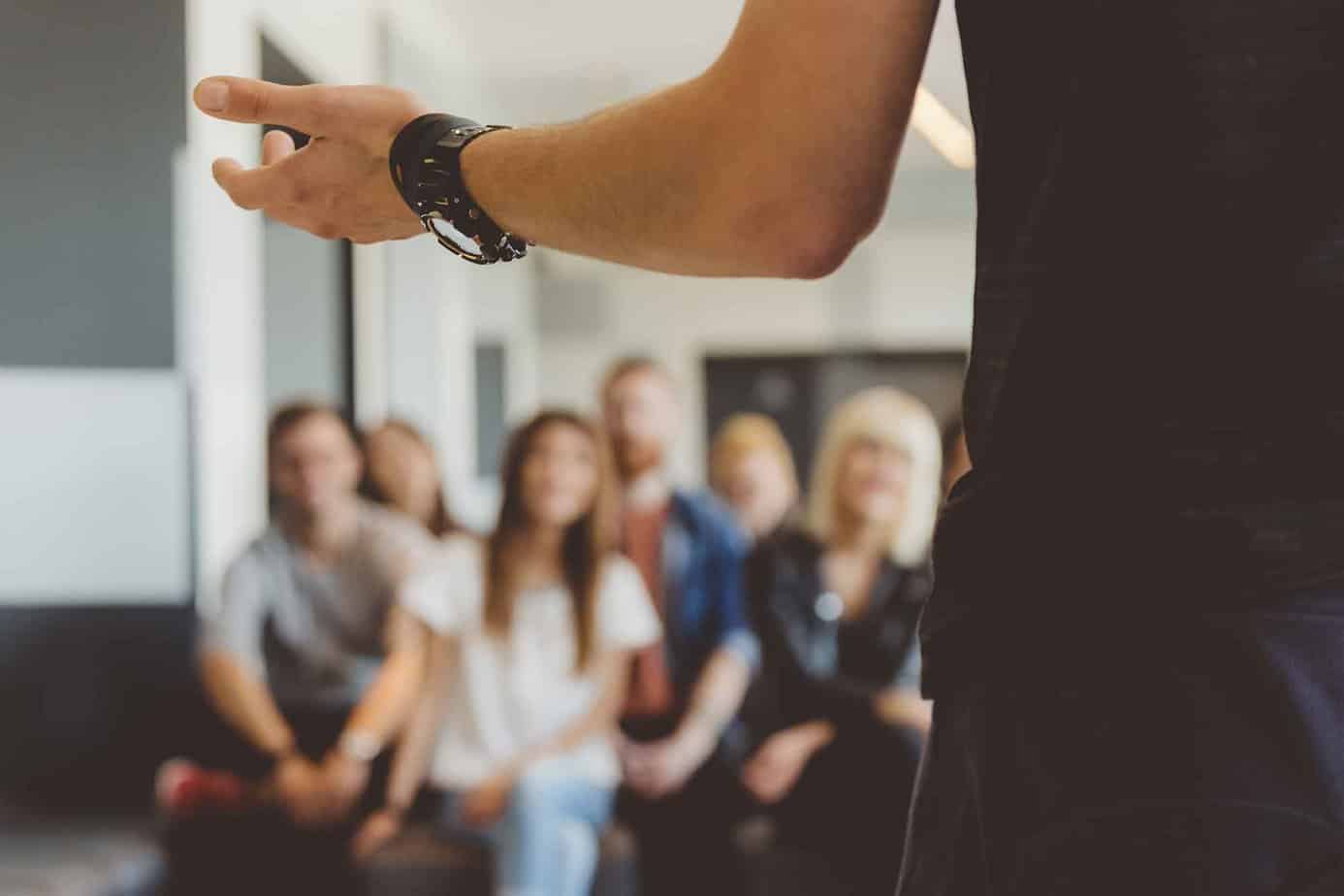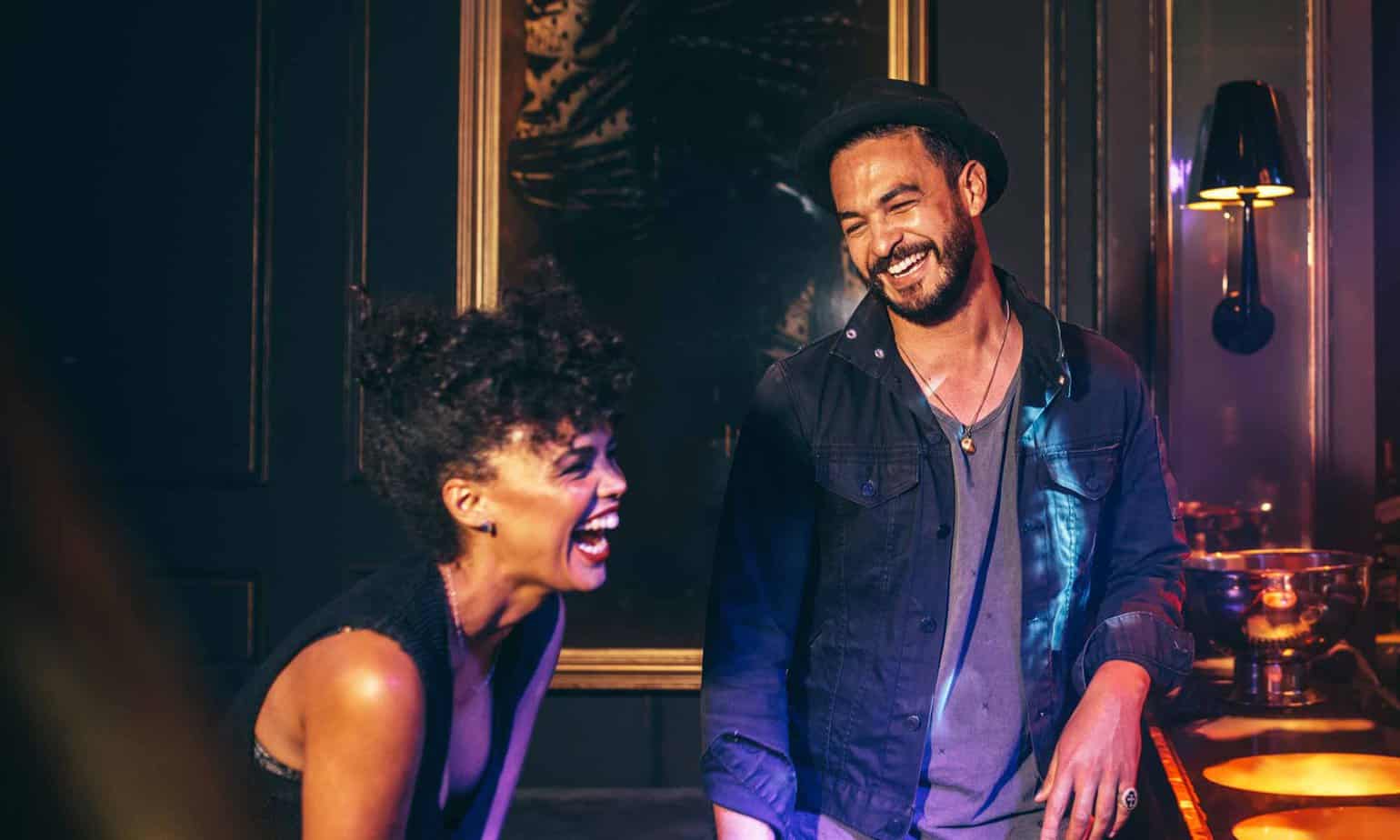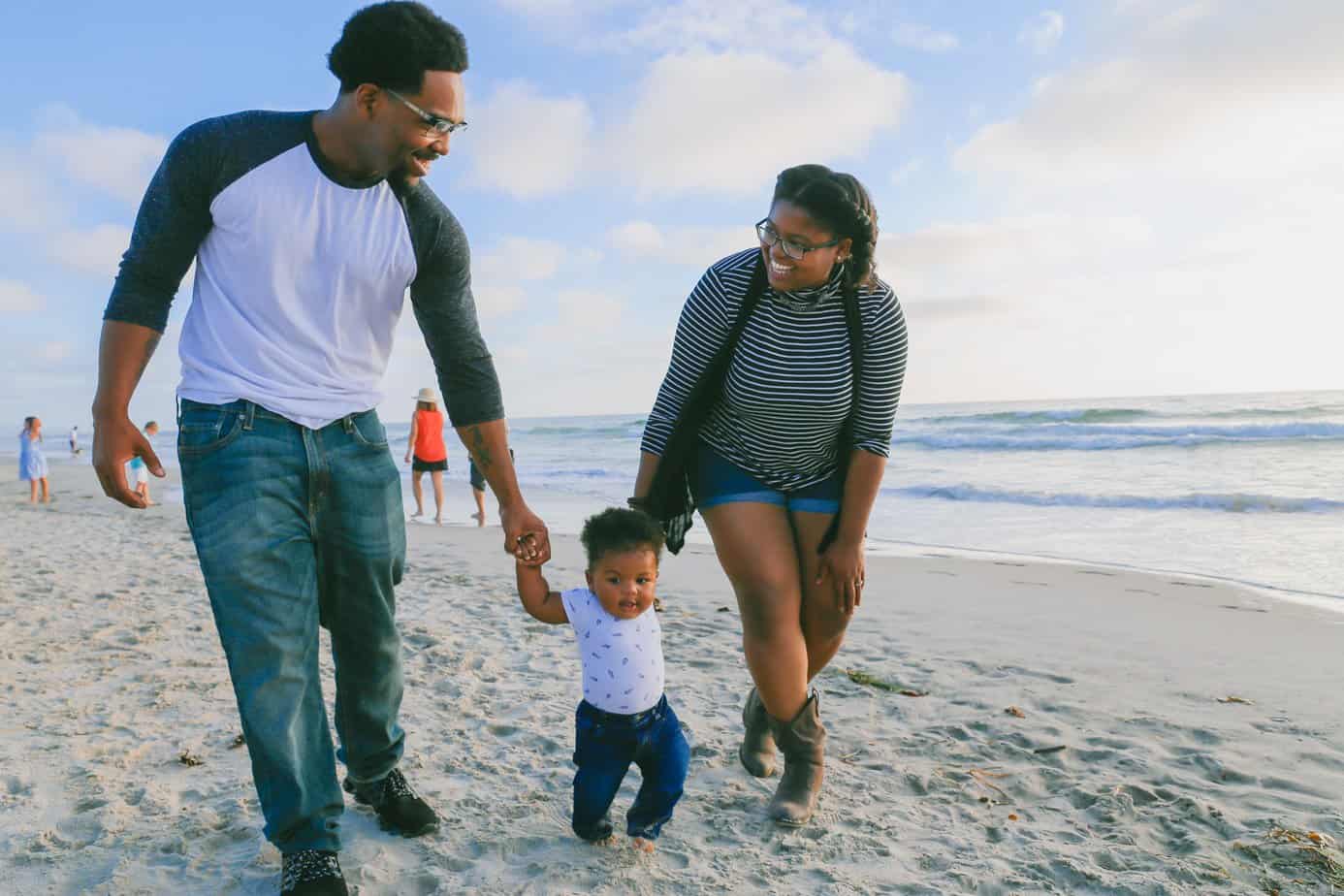Have you ever been to a music festival or concert and felt like you couldn’t fully enjoy the experience because of the heavy drinking and drug use around you? For those in recovery or who choose to live a sober lifestyle, attending such events can be a challenge. But thankfully, there is a growing movement toward creating designated sober spaces at music festivals and concerts.
Alcohol and Drug Use at Music Festivals and Concerts
From rock concerts to festivals, music events have long been associated with alcohol or drugs. From a financial standpoint, it makes sense as venues make most of their profit from alcohol sales. These spaces may have flashy ads and alcohol stands at almost every corner to draw in business from concert attendees.
Furthermore, many individuals view alcohol and drugs as a way to enhance the entire concert experience, making them feel more relaxed and uninhibited. You might hear concertgoers claim that they need to be “in the zone” in order to fully appreciate the music. Some attendees consume alcohol in an attempt to unwind and reduce their anxieties. Other users claim that popular festival drugs, like marijuana or ecstasy, cause a surge of affection for people around them, making it easier to enjoy being in a crowd.
Another reason why substances are connected to concerts is that these events usually attract a younger crowd. Teens and adolescents are often more likely to experiment with drugs and alcohol and may be more willing to take risks and try new things. In popular culture, alcohol consumption is portrayed as an integral part of the music scene, from the wild antics of rockstars to the images of partying fans in music videos. As a result, the association between concerts and drinking has become firmly entrenched in our cultural psyche.
Why These Events Can Be Triggering
At music festivals, the presence of substances can be triggering for people who are trying to maintain their sobriety. The high energy, loud music, and rowdy crowds can be overwhelming for some individuals and may make them more susceptible to relapse.
These kinds of events are often seen as a place where people go to let loose and have a good time, and drug and alcohol use may be normalized or even encouraged in this environment. Before going to a concert or music festival, individuals in recovery should recognize potential triggers that may arise and have a plan in place to address them. Some common triggers might be a person offering you a drink or if people around you become aggressive.
Part of your plan for smoothly attending a music event might involve bringing a sober companion, avoiding certain venues or events, or engaging in alternative activities that support your recovery.
The Rise of Sober-Friendly Music Festivals and Concerts
People in recovery don’t need to be limited to just sober-exclusive concerts and festivals. An article from TODAY.com shares that the Stagecoach Festival, held in Indio, California, partnered with 1 Million Strong to provide a wellness tent where attendees had a space to relax, drink mocktails, and enjoy the country music at the festival.
Lastly, Sober AF is an organization founded by a father of two, Duke Rumely, who is on a mission to create a substance-free culture at concerts, music festivals, and sporting events. As more people prioritize sobriety and a healthier lifestyle, it is likely we will see a continued rise in the popularity of sober events in the music industry.
The Benefits of Attending an Event Sober
Attending a music festival or concert to stay sober can be a life-changing experience. By staying sober, individuals can remain present and engaged in the moment, without the distractions and mood-altering effects of drugs or alcohol. This can lead to a deeper sense of connection with oneself and others, as well as a greater appreciation for the music and overall atmosphere of the event.
Some of the benefits of attending a sober event include:
- Building a sense of community with like-minded individuals
- Improving mental clarity and emotional well-being
- Developing a deeper connection with music
- Creating positive memories without the negative consequences of drinking or drug use
Tips for Staying Sober at Music Festivals and Concerts
Going to a music festival can be challenging for those in early recovery or people who choose to live a sober lifestyle. Here are some tips for staying substance-free and enjoying the experience:
- Bring a sober buddy – Having a sober companion who supports your sobriety and knows your boundaries can make the concert experience go much smoother. If you are having any anxious thoughts, you can rely on your friend for support.
- Stay hydrated and nourished throughout the day – Keeping yourself hydrated and full of food gives you energy, makes you feel more alert, and can reduce any cravings that may pop up.
- Focus on the music and activities rather than the drinking or drug culture – You came to listen to live music so try to avoid areas with heavy substance use. Be ready to decline anyone who offers you alcohol or another substance.
- Take breaks and step away from triggering situations – It’s normal to become overwhelmed by the loud music and crowds of people, so be sure to find quiet spaces to recharge throughout the concert. Some festivals even have private areas to practice healthy activities like yoga and meditation.
- Have an escape plan – Before attending, do some research on the venue and become familiar with emergency exits and medical services, so you know how to leave in case of a stressful situation.
Creating sober spaces at music festivals and concerts is not only important for those in recovery, but it also promotes inclusivity and diversity in the music industry. By prioritizing sobriety and creating safe and supportive environments, we can create a more accepting and supportive community.
If you or a loved one is struggling with addiction, Mountainside can help.
Click here or call (888) 833-4676 to speak with one of our addiction treatment experts.

 By
By 

